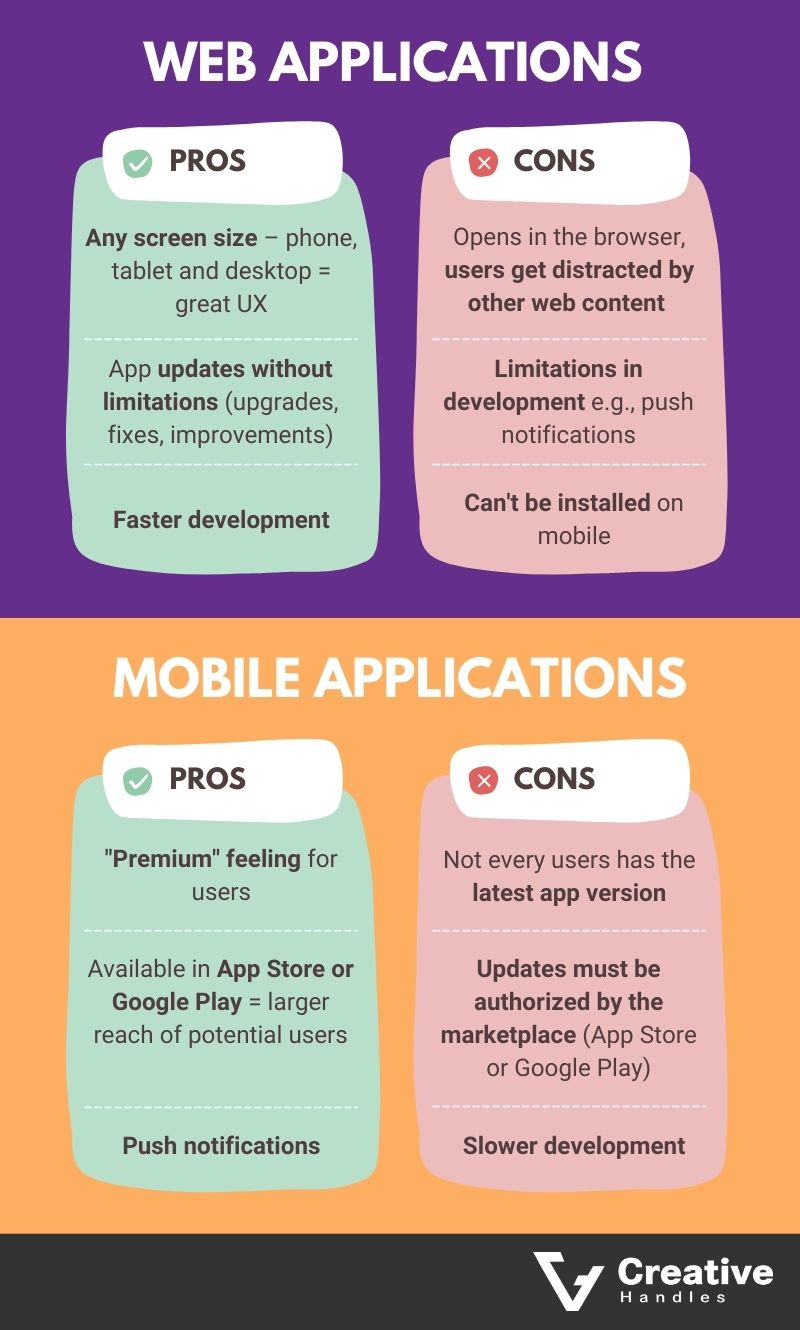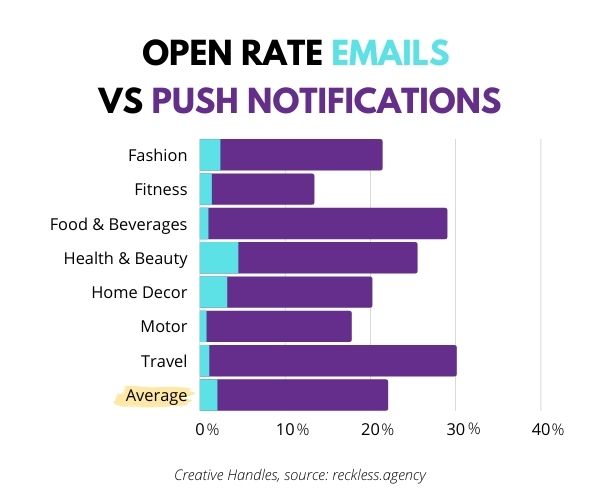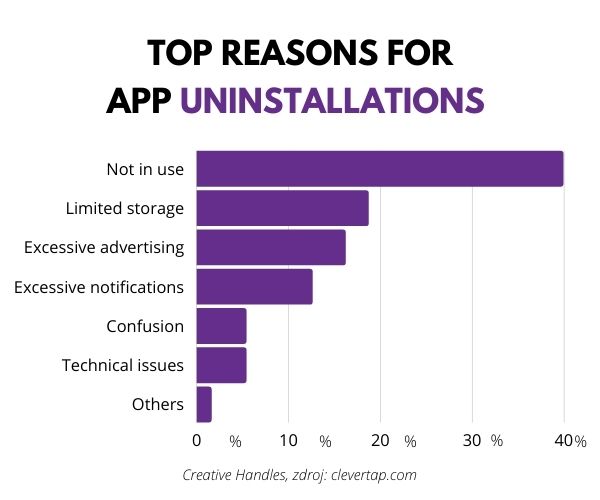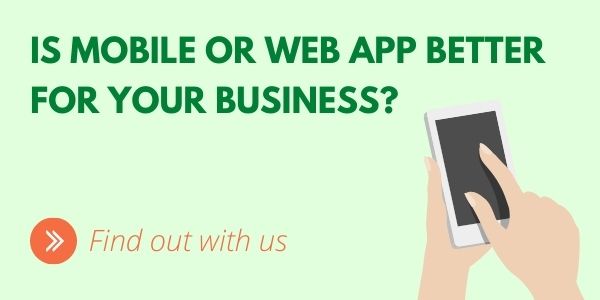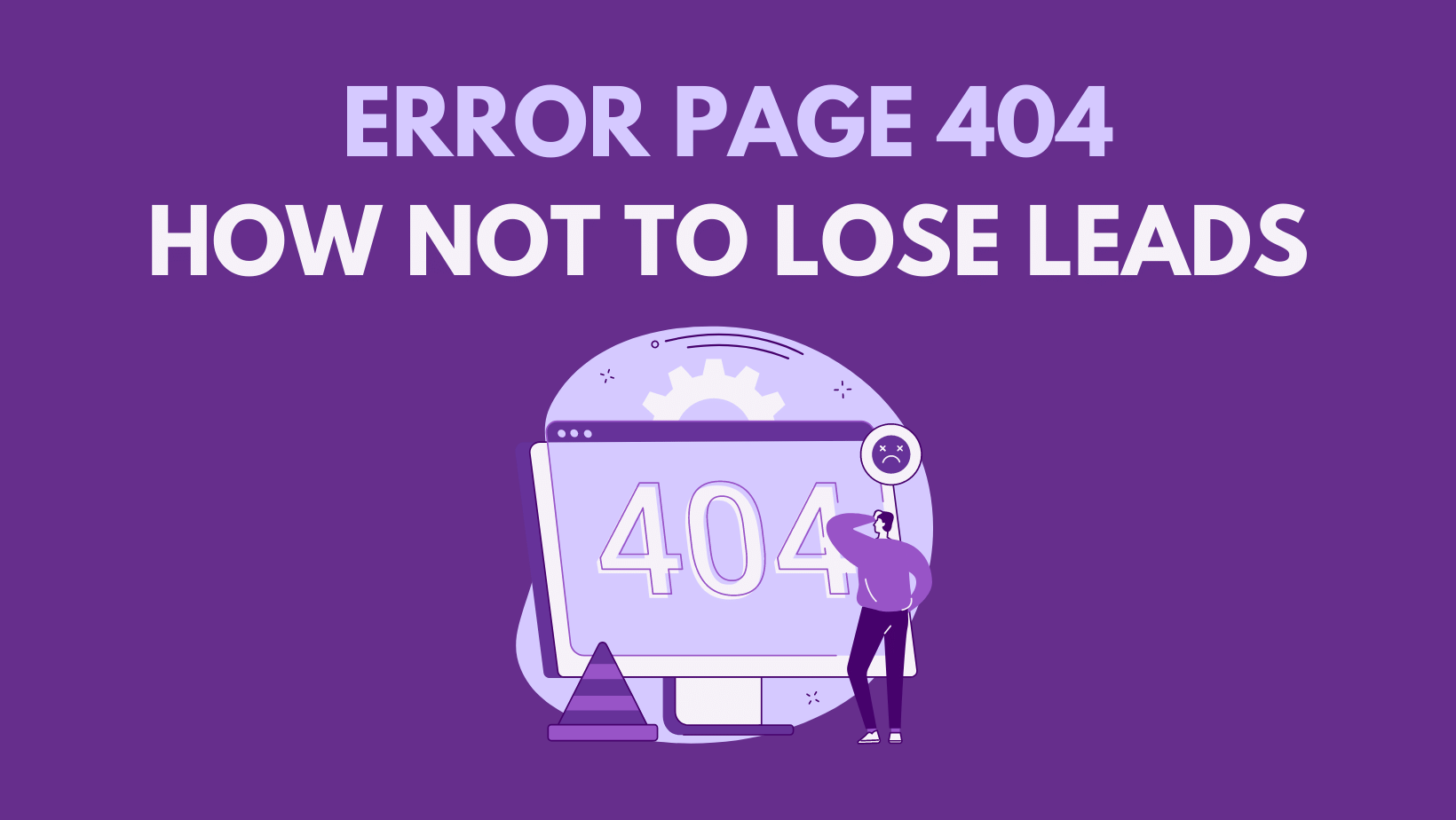Mobile or Web App: Which Better Supports Your Business?
5 mins read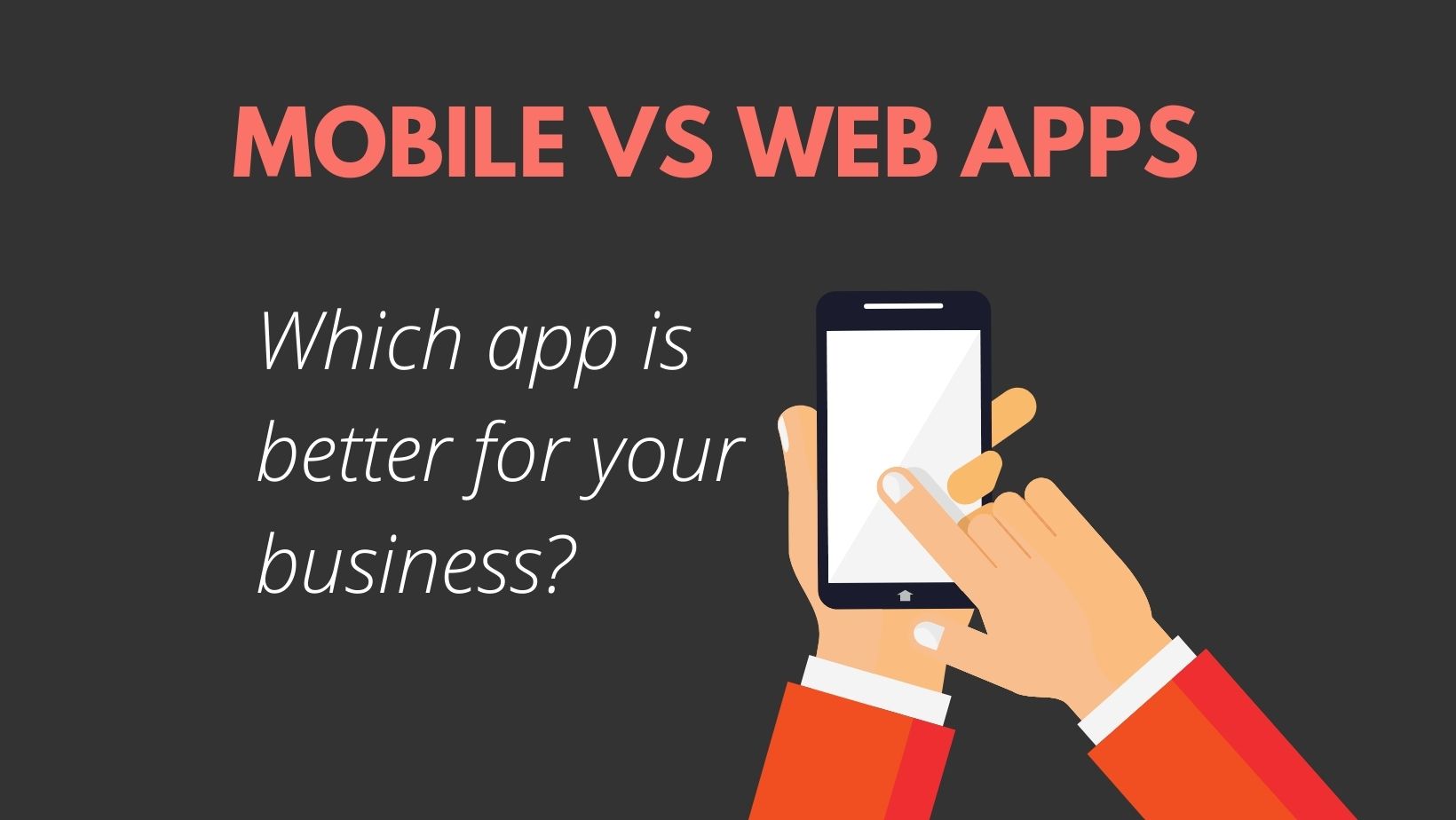
Do you want to create a mobile app, but you are unsure about the technical details? Should you invest in developing a web application, or should you instead develop a mobile application for Android and iOS?
The answer is - it depends. Both options come with advantages that can perfectly underline the functioning of your business. So it depends on:
- your expectations from the app
- how exactly is the app supposed to support your business
So let's take a look at the differences between mobile and web apps and which type of app best fits your needs, both from a technical and user perspective.
But before that... a bit of theory. :)
Web app, mobile app, or?
Generally (and simply put), apps are divided into mobile and web apps. While mobile apps are developed to be tailored to a specific operating system (e.g., Android or iOS), web apps are designed to be accessed through a browser (e.g., Chrome, Safari) from any device.
Although this division isn't 100% correct, I won't go into the details of native, hybrid, or progressive web apps (PWAs) now. Instead, this basic division—mobile app vs. web app—will guide you well enough in defining your ideal app.
But if you are short of time and asking which is better - web application or mobile application? Have a look at this overview below.
Web apps: advantages and disadvantages
✅ Pros
- users can use any screen size - mobile, tablet, and PC = good (UX) user experience
- the app can be updated (modified, upgraded, improved) without limitations
- faster development
❌ Cons
- the app opens in browser = users may be distracted by other web content
- limited development possibilities, e.g., push notifications
- can't be installed on mobile
Mobile apps: advantages and disadvantages
✅ Pros
- more "premium" feeling for users
- available in the App Store or Google Play = reach a larger group of users
- support push notifications
❌ Cons
- slower development
- not every user has the latest version of the app
- updates and new versions must be authorized by the marketplace (App Store or Google Play)
Factors you Should Consider
1. When and how will users use the app?
At home on a computer, or will users access it on a mobile phone in public transportation? The purpose of your app doesn't only affect the type of app you should choose but the overall user interface.
A mobile app to hail a taxi needs to be perfectly navigable with one hand. In comparison, an educational portal requiring long text responses must be responsive on large screens.
⚡ Create an app that matches your customers' expectations. Read Why and How to Design Dark Mode for Your App
2. Will you use the full potential of smartphones?
Mobile apps offer a lot of benefits, one of them is access to the features of the mobile phone. However, if your app doesn't take advantage of GPS, microphone, camera, or other apps on the user's mobile, developing a mobile app might make your app "unnecessarily" complicated and expensive.
3. How often will you update your app?
Download, install and regularly update it. That's the mobile app lifecycle, quite different from web applications.
For example, when accessing a web app, users don't need to install it. Instead, they can save a shortcut to their dashboard if they want. Then, any changes in the app are automatically updated across all devices. Users don't have to reinstall the app or update to the latest version.
If you want to get started with an MVP (minimum viable product) of an app or a phased launch of individual modules within the app, with a web app, you can be sure that all modifications and new features will reach all users at the promised time.
⚡ Learn How to Make an App - 5 Fundamental Steps.
4. How do you want to communicate with your users?
Push notifications are the ace up the sleeve of mobile apps. They're functional, clear, and hard to miss unless the user hides them. In short, they're the ideal communication channel for a business that needs to keep users informed about news, discounts and keep in constant contact with them.
Did you know that users open push notifications on smartphones up to 10 times more often than emails?
5. Where do you want to promote your app?
How strong is the community behind your digital product? Even the best app can fail if potential users never hear about it. If marketing is not your strong suit and you don't already have hundreds of users behind you, online marketplaces (Google Play or App Store) where you can find mobile apps can be a great distribution channel.
Apps installed on a user's mobile phone also have the advantage of being in plain sight at all times. Together with push notifications, this gives you an excellent opportunity to build your brand directly with the customer on their phone.
But don't take me wrong, no success is guaranteed no matter what app you develop. On average, users uninstall 1 in 2 mobile apps within the first 30 days, and the most common reasons include bombarding users with notifications and ads.
6. How much budget and development time do you have?
Mobile app development is often more expensive and time-consuming than web app development. While with a web app, you develop one software that users can use on all devices, with a mobile app, you need to develop separately for Android and iOS.
Mobile app developers often specialize in one type, so you will need two developers/teams, resulting in higher costs.
This dual development can be partially circumvented through hybrid mobile apps written to run on both operating systems. However, even this type of app has limitations and is not suitable for more complex projects.
Still not sure?
Still unsure what type of application is better for your business? The best advice we can give you is—consult an expert. Such a person can find the perfect match for your and your customers' needs.
App development is not black and white, and there are ways to combine both types of apps to achieve the best result.
Contact us. We'd be happy to talk with you about the appropriate development of your product. And don't worry, it's not a trap. :-) The initial meeting will cost you nothing except your time. Email me at ondrej@creativehandles.com or fill out this form.
Schedule a free consultation
Ondrej Lang
Managing Partner & Growth Hacker
Finalist of the Startupper of the Year 2019 in the Czech Republic. SDGs Czech 2019 winner with Mavimi. Winner of Masters Gate CZE 2017 in the category of small and medium e-shops with Raj kovani. Ondrej helps companies grow faster, thanks to hacks and digital opportunities. Do you want to grow faster? Write to ondrej@creativehandles.com.

